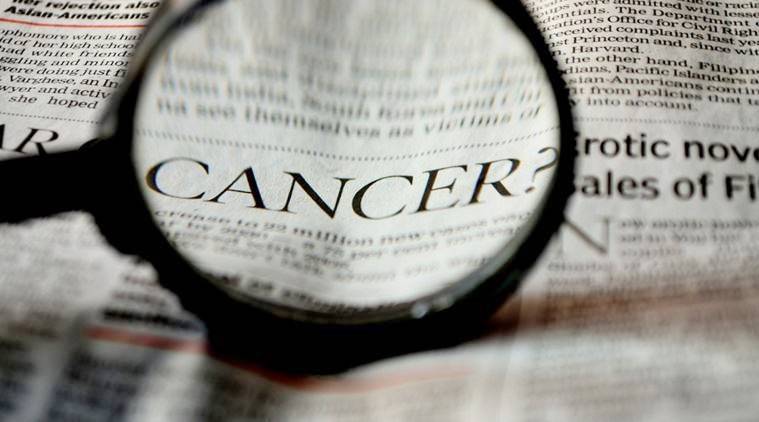
Scientists are hoping to set up an Indian version of The Cancer Genome Atlas (TCGA), a landmark project in the US which has provided publicly available data sets to help improve diagnostic methods and treatment standards to prevent cancer. While Dr Renu Swarup, secretary, Department of Biotechnology under the Ministry of Science and Technology, said the government was keen on partnering with the initiative, several groups in Pune have come together to push this proposal forward.
“We haven’t had a formal discussion about India partnering in TCGA, but it is a complementary effort. We will be open to discussions on how our existing efforts on cancer genomics can bring in some value to the global initiative,” Dr Swarup told The Indian Express.
In a first, the team from TCGA, led by Director Dr Jean Claude Zenklusen, is going to train 60 scientists at a workshop in Pune.
Several translational cancer scientists and onco clinicians from India and abroad will participate in the first TCGA-themed conference and workshop — Multi-Omics Studies in Cancer – Learnings from TCGA — to be held from September 21 to 25 at the Indian Institute of Science Education and Research (IISER). The event is also organised by the Centre for Translational Cancer Research, a joint initiative between Prashanti Cancer Care Mission(PCCM), IISER- Persistent Systems and TCGA, National Institutes of Health, USA.
TCGA, a collaboration between the National Cancer Institute and the National Human Genome Research Institute, has generated comprehensive multi-dimensional maps of the key genomic changes in 33 types of cancer. The TCGA data set has helped the global cancer research community work towards prevention, diagnosis and treatment of the disease.
Dr Santosh Dixit, a senior scientist with the PCCM and convenor of the conference, told The Indian Express that TCGA provided a gold mine of data and changed the face of cancer research. “In the world of biology, TCGA is equivalent to landing on the moon as the molecular analysis of each cancer is significant. Each cancer can be treated differently by knowing the molecular map of that cancer, studying the genes that have gone wrong and providing effective targeted drugs,” said Dr Dixit.
While scientists are keen on setting up a similar TCGA for the Indian population, among the key driving forces are Dr L S Shashidhara, a developmental biologist formerly associated with IISER, Dr C B Koppiker, founder of PCCM, and Dr Anand Deshpande, founder and chairman of Persistent Systems, a technology services company.
Dr Deshpande said the project is socially relevant. “We need our own version of the cancer genome atlas. TCGA data is based on the caucasian population. We need to create our own data sets, build upon these initiatives and have our own equivalent of TCGA in India,” Dr Deshpande told The Indian Express.
Persistent Systems is the software partner for IISER and PCCM and, according to Dr Deshpande, the software is among the key features of the TCGA initiative.
“We have been trying to get the team from TCGA and convince them to let us use their infrastructure, understand their methods and processes for setting up something similar in the country. They have agreed and while we will learn the same protocol and replicate them here, no biological sample will be sent out of the country. All tests will be done in India,” said Dr Deshpande.
Dr Renu Swarup, CSIR director general Dr Shekhar Mande and others will be present during the workshop and participate in the discussion on creating a TCGA-like project in India.